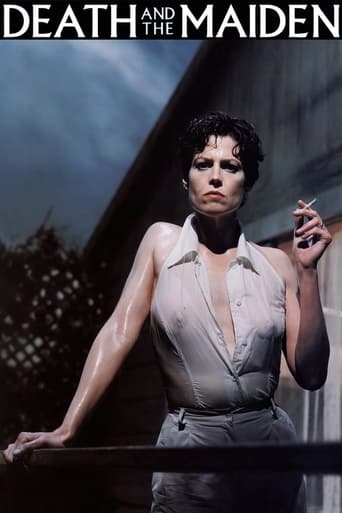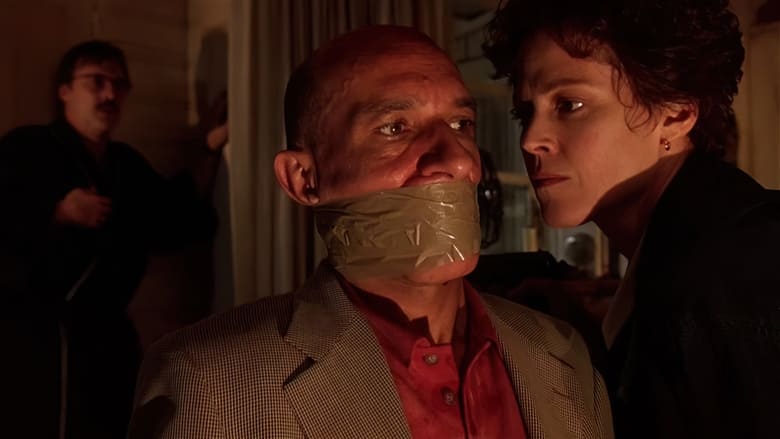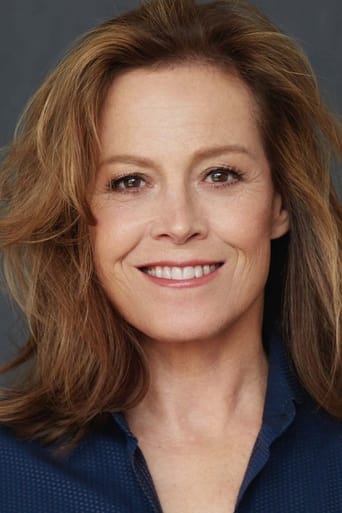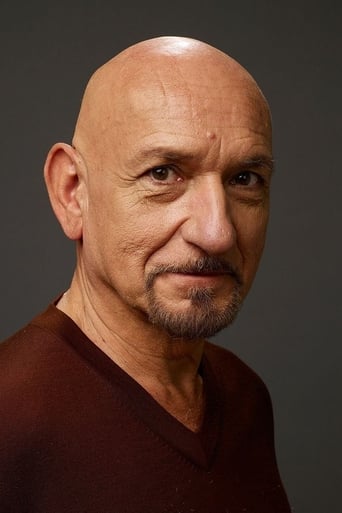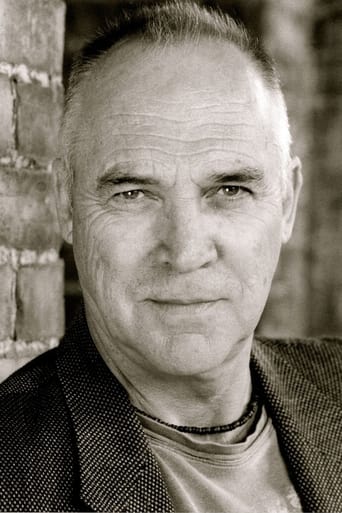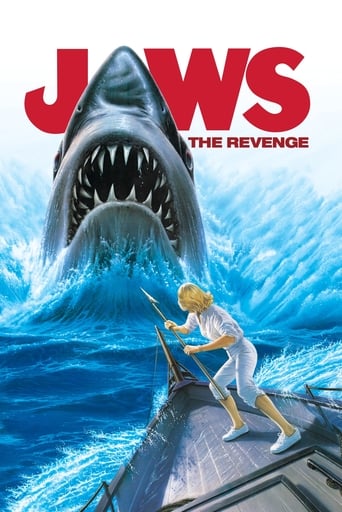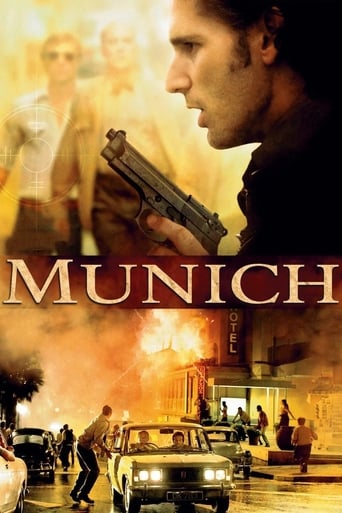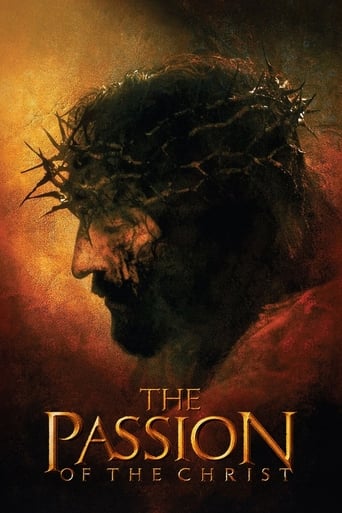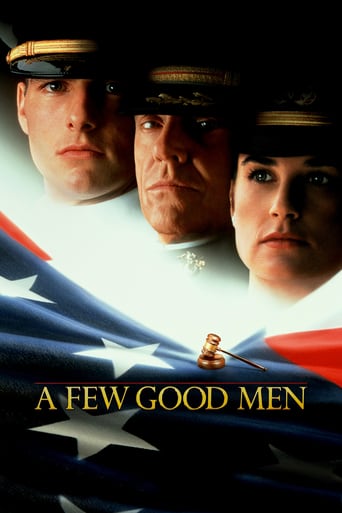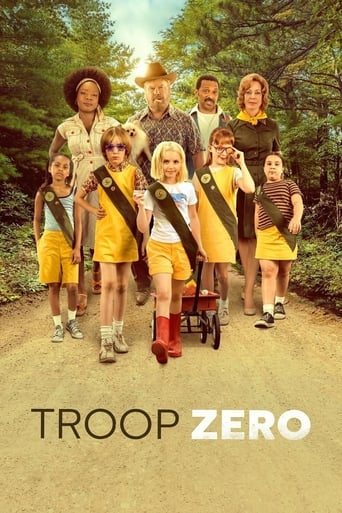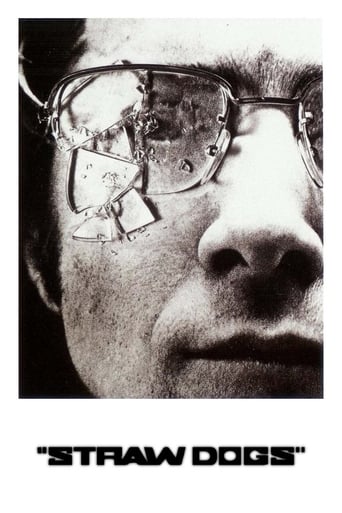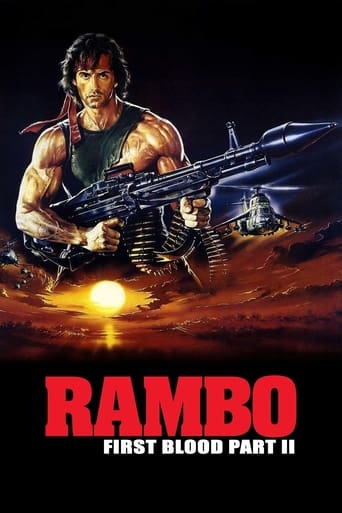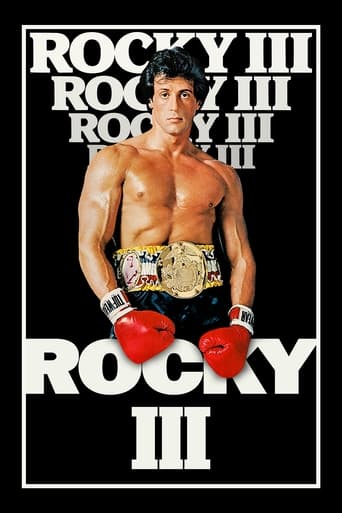Death and the Maiden (1994)
A political activist is convinced that her guest is a man who once tortured her for the government.
Watch Trailer
Cast


Similar titles
Reviews
I went into this movie, not knowing anything it. And I'm glad I didn't, as curiosity had me right from the beginning. This is one of those claustrophobic thrillers set on an idyllic, isolated beach side location, miles from any town whatever. It's the perfect setting for this searing Q an A type thriller where our victim (Weaver) who was kept as a war prisoner by torturer, Doctor Meecher (a wonderful Ben Kingsley, as expected) turns the tables on her oppressor. As never seeing this guy, she only remembers him by voice, so it only bears that reliance, where if she's wrong she's in deep s..t. Her husband, an activist for the cause, who was driven home by this guy, on the account of a flat, is forced to go along with her in this hostage scenario. This is a tight thriller, because it's tight, and has a really real situation, where you totally understands the character's actions and wants. This movie never, ever, loses it's punch, and is just riveting viewing. The end and start have the same scene of our mains, observing a concert, where I guess all is forgiven, where it's really hard to forgive in this scenario, where Kingsley finally spills his guts, in the climactic finale, where finally the truth is told. Some things can't be forgiven and you gotta praise Kingsley's character for coming forward. Stuart Wilson, who we don't hear of nowadays, was an actor who gained my interest, where he vanished pretty quickly after this, doing the fizzer, Exit To Eden, prefore, was so good here too. A very strong performance. I really him in this. He's an American version of British actor, Bryan Marshall. This is a faultless and tightly constructed thriller and does warrant your viewing, if you want to stay in one night, and watch something really involving, and that DATM is.
Story: Emotionally disturbed wife of a human rights activist and minister of justice to be wakes up in night and hears her husband speaking to an unknown man. In his voice she recognizes a doctor who tortured and raped during the reign of military junta. She attacks him in night, ties him up and under a gunpoint she decides to proceed with a trial. Her husband must reluctantly go what she wants. And so trial which will affect all three protagonists for ever begins.Acting: Breathtaking, acting in this film is incredibly intense. All three actors are great and are believable in their roles.Direction and camera: Again as with acting the films is very intense in the feeling, it is slow but creepy and keeps viewer in doubts right to the end.Music: There is not much music in this film, I remember only the "Death and the maiden" which is of course beautiful. Conclusion: Great film with great acting and atmosphere.
We hear about it all the time; people have been harmed in the most unspeakable ways, causing pain that most of us cannot begin to even imagine. If this happened to you, what would you do if the person who hurt you walked into your house? This kind of moral quagmire has been approached before in films. Many times, in fact. The torture angle is new though. Unfortunately, that's all that's new about this story.But this is the situation that one woman, Paulina Escobar (Sigourney Weaver), an ex-activist who was horrifically tortured in order to give up the name of a fellow activist (who later became her husband), finds herself in, when a man (Ben Kingsley) is invited into their home after helping her husband (Stuart Wilson). She is convinced that this man, Dr. Miranda, is the one who brutalized her. He denies it, of course. And her husband, now a high-powered lawyer, is caught in the middle.This film could have gone in two opposite directions: a high-powered, claustrophobic thriller or a leadened message movie. Fortunately, it's not the latter (no one is going to mistake this movie for a UNICEF infomercial), but sadly, it's not the former either. It's somewhere in the middle. There are moments of where it works, but overall it's pretty boring.Part of the reason is that the most important part is miscast. Sigourney Weaver is a good actress, but she's not right for this role. She has moments of effectiveness (Weaver is good at being vulnerable), but when she tries to act menacing, she's awful. Ben Kingsley is terrific, though, as the may-or-may not be torturer. He keeps us on our toes, and we never know whether or not he's innocent. Noted character actor Stuart Wilson is actually able to keep up with the Oscar-winner and Oscar-nominee.The problem isn't necessarily with Roman Polanski's approach. "Death and the Maiden" is heavy on the atmosphere, although it could have used some more claustrophobia to increase the tension. The problem is that the script, based on the play, is rather bland. There's nothing that really draws us into the story, and it doesn't take any risks. Thus what could have been a powerful and provocative drama or thriller (take your pick) becomes inert.It's not a total waste; the film effectively keeps us guessing who's telling the truth. But the suspense isn't there, even though it has plenty of opportunity to build. However, the ending of the film is horrible. What happens not only doesn't make sense, it's actually more than slightly reprehensible.This isn't a bad film, just a wasted opportunity.
This is one of the cinematic homes for this filmmaker. He swims comfortably in these waters. Polanski requires very little elements to induce great tension in any film. That's why he has looked for scripts like this, often in his career.This is a great thing, the ability to take very few scenery elements, in this case a single very small house, and the surrounding landscape, and build the narrative over that. Because that's what we have. The story is simple enough to produce no distractions, and the landscape is wide and desert enough to do the same. What we have is a whole set up that surrounds an idea of uncertain truth, provisional reality (to our eyes). That's why we never stop wondering whether Weaver is right or wrong, whether Kingsley is a rapist or a victim. So does Stuart Wilson, who goes through the same range of doubt as we, spectators, go, and that makes him our surrogate in the film. We are judges to our own sentence. All the cruelty of an invented regime of a supposed south American country is the mere formalization of the credibility of the world. It is not about denouncing crimes nor about discussing politics, as it has been said. Also, much has been said about how much the final monologue reveals the truth, i say it keeps all the possibilities opened, though it suggests sincerity.As an idea, this is as simple as it gets, and as every simple idea, it's so hard to achieve, keeping it simple. That's where things get interesting, when you check the cinematic devices that surround and collaborate with the simplicity of a simple doubt that this theatrical script suggests.First we have the core of the story framed, at beginning and end, by the core music, a quartet which names the film, and gives consistency to the drama of Sigourney's character.We have the handling of the wide open landscape, with its lighthouse. The sense of green isolation, the poetics of the location, which growths on us, as it is given in small bits, until becoming the final stage to the real drama.The house. This part matters, as this a film by a director who really knows how to handle space and include it in the drama. This is worth for a hotel room, a boat, or a small house. This is what he has been making throughout his life, in "knife in the water", his apartment trilogy, bitter moon and this one. It is something i admire, the ability to include the space that surrounds the characters into their dramas and discussions. That's one way, one of deepest ways to include (architectural) space in the fields of cinema. Orson Welles, Hitchcock (sometimes), Polanski... they all trust on their own camera.We have the acting at the center of the success of this film. Everyone of the 3 actors involved play at their top here, each one knows where he stands, and interprets perfectly what is required of him to make things flow. Ambiguity, to Ben Kinsgley, Messed up mind to Sigourney Weaver, Reactiveness and indecision to Stuart Wilson.This is less achieved than other efforts, but Roman never ceases to deliver his special gaze, and that's always worth seeing.My opinion: 4/5http://www.7eyes.wordpress.com

